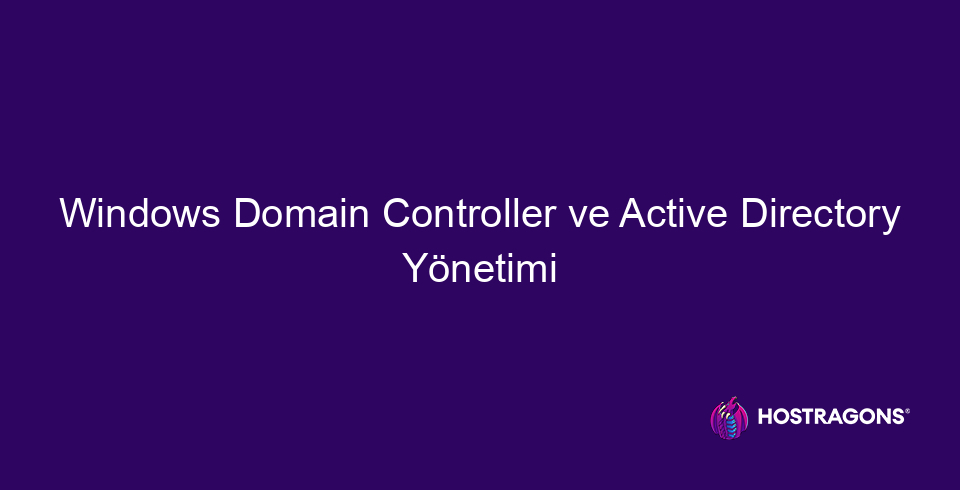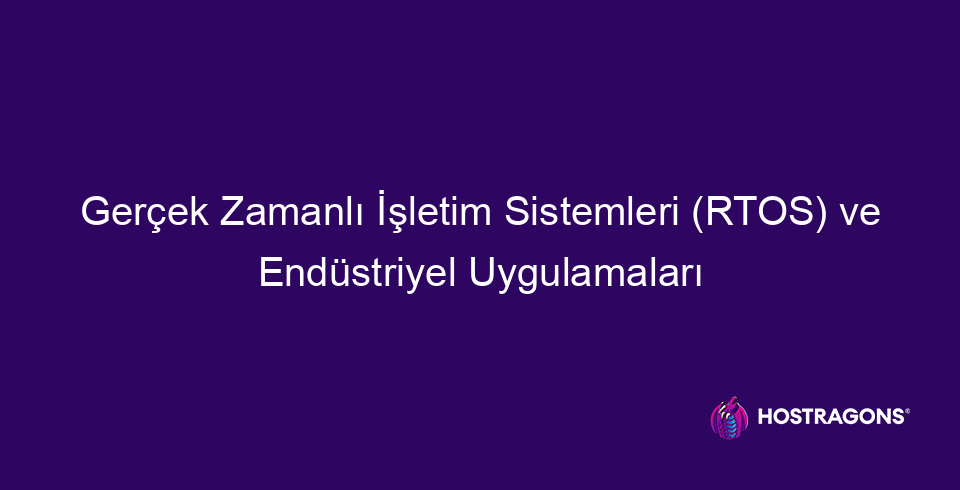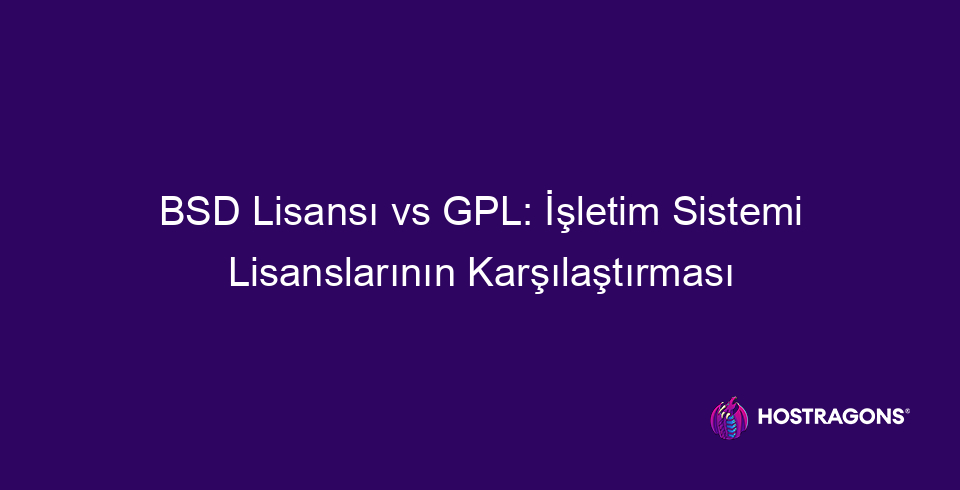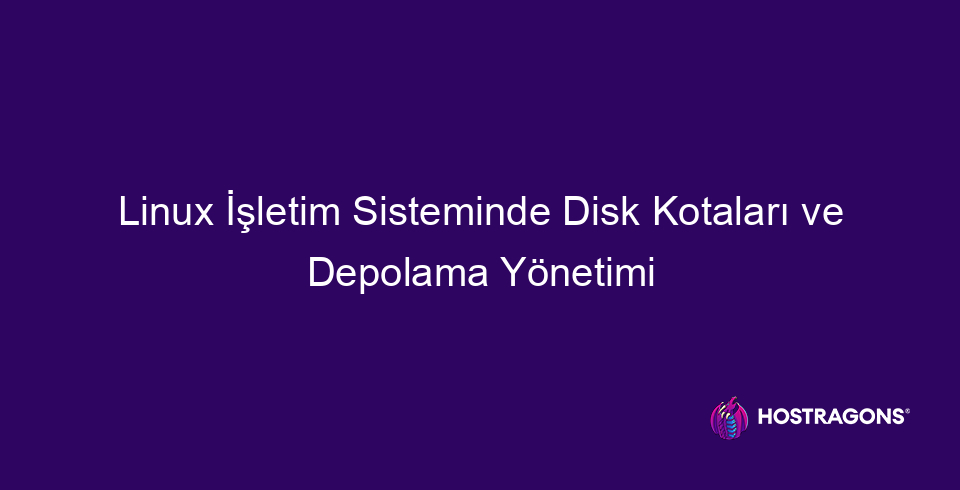Free 1-Year Domain Offer with WordPress GO Service
This category contains information about various operating systems used on web servers and personal computers. It contains detailed content about the features, installations, updates and optimizations of popular operating systems such as Windows, Linux, macOS.

Windows Domain Controller and Active Directory Management
This blog post covers Windows Domain Controller and Active Directory management in detail. First, it explains what Windows Domain Controller is and why Active Directory management is important. Then, it touches on Windows Domain setup steps and management tools. While examining Active Directory roles and functions, it also shares the challenges and security tips encountered when using Windows Domain. The post evaluates the advantages and disadvantages of Windows Domain and focuses on current trends. As a result, it provides readers with a comprehensive guide by providing effective management strategies with Windows Domain. What is Windows Domain Controller? Windows Domain Controller is the central authentication and authorization system of a Windows network. Basically, a...
Continue reading

Bootloader in Operating Systems: GRUB, UEFI and Windows Boot Manager
In operating systems, bootloaders play a vital role in the computer's boot process. In this blog post, we examine in detail what bootloaders are, their importance, and their functions. We compare different types of bootloaders such as GRUB, UEFI, and Windows Boot Manager, and explain their working principles. While stating the basic differences between UEFI and BIOS, we focus on the role of Windows Boot Manager in the system startup process. We also provide information about how bootloader settings are configured, why updates are important, and solutions to possible errors. We also provide information about the future and development trends of bootloader technology, while providing readers with practical advice for bootloaders and operating systems. What is a Bootloader in Operating Systems? In operating systems, the bootloader is a small...
Continue reading

Runlevel and Target Concepts in Linux Operating System
This blog post covers Runlevel and Target, which are the basic concepts of the Linux operating system, in detail. While explaining what Runlevel is, what it does, and its differences from Target, its importance in the system is also mentioned. In addition, Runlevel changing methods, best usage practices, and possible problem-solving suggestions are presented in the Linux operating system. While emphasizing the role of Target in the Linux ecosystem, an overview of Runlevel and Target concepts is provided with user-oriented tips and suggestions. It contains valuable information for system administrators and Linux users. Basic Concepts of the Linux Operating System The Linux operating system is an open source and free operating system used in a wide range of applications from servers to embedded systems today...
Continue reading

Load Balancing and High Availability in Server Operating Systems
This blog post takes a deep dive into the importance of load balancing and high availability in server operating systems. Starting with what server operating systems are, it delves into why load balancing is critical, different load balancing methods, and the definition of high availability. It clearly explains the requirements for server operation, the differences between load balancing and high availability. It also highlights what to know about load balancing software, tips for achieving high availability, and the keys to load balancing success. Finally, it highlights future trends in load balancing and high availability, so readers have a comprehensive understanding of these critical topics. What are Server Operating Systems? Server operating systems are a system that manages server hardware and resources...
Continue reading

Real-Time Operating Systems (RTOS) and Their Industrial Applications
This blog post takes an in-depth look at Real-Time Operating Systems (RTOS) and their critical role in industrial applications. The importance of RTOS, their place in industrial control mechanisms, their contribution to advanced data processing, and security measures are discussed in detail. Comparative advantages of different RTOSs are presented, and future trends are also evaluated. Strategies for achieving success in RTOS use are presented. Finally, actionable recommendations are provided for those looking to increase efficiency and reliability in industrial applications, emphasizing the importance of real-time systems. Introduction to Real-Time Operating Systems Real-time operating systems (RTOS) are specialized operating systems designed to complete operations within a specific time constraint. Unlike traditional operating systems, RTOSs prioritize tasks and ensure that critical operations are completed on time.
Continue reading

BSD License vs GPL: Comparison of Operating System Licenses
This blog post compares the BSD License and GPL licenses, which have an important place among operating system licenses. It explains what the BSD License is, its basic features and advantages, while examining the structure and differences of the GPL license. It covers the basic differences between the two licenses, usage advantages and disadvantages in detail. It provides guidance on which license is more suitable in which cases, while also touching on the points to consider when using the BSD license. It reinforces the subject with frequently asked questions and offers suggestions for the right license selection, helping readers make an informed decision. What is the BSD License? Basic Features and Advantages The BSD License is a license for open source software...
Continue reading

Advanced Troubleshooting in Windows: Event Viewer and Performance Monitoring
Advanced troubleshooting in Windows is critical for optimizing system performance and diagnosing errors. This blog post takes a detailed look at how to troubleshoot complex problems in Windows systems using Event Viewer and Performance Monitor tools. You’ll learn how to detect problems by analyzing Event Viewer’s event logs and how to assess system health with Performance Monitor tools. It also covers quick diagnostic tips, how to fix performance issues, and why you should use Performance Monitor. With this guide, you can troubleshoot your Windows systems more effectively and improve system performance. What is Advanced Troubleshooting in Windows? Advanced troubleshooting in Windows involves...
Continue reading

Windows Subsystem for Linux (WSL): Experience Linux on Windows
Windows Subsystem for Linux (WSL) is a powerful tool that enables the Linux experience in Windows operating system. This blog post explains the definition and importance of Windows Subsystem, while highlighting the main benefits of using it. It provides a step-by-step explanation of the WSL installation process, and comparisons between different WSL versions and Linux distributions. It provides tips and considerations for developing, as well as predictions about the future of WSL. The article provides practical advice on how to best use WSL, providing an effective introduction to the Linux world in Windows. Finally, it ends with a general evaluation of WSL. Definition and Importance of Windows Subsystem For Linux Windows Subsystem for Linux (WSL),...
Continue reading

Disk Quotas and Storage Management in Linux Operating System
This blog post focuses on disk quotas and storage management in Linux operating systems. It begins with an introduction to the Linux operating system and explains why disk quotas are necessary and important. Then, it provides detailed information on how to manage disk quotas in the Linux operating system. It emphasizes the role of storage management and quotas in meeting basic needs, while best practices for quota optimization and different quota management tools are examined comparatively. Common quota management errors and solutions are presented, tips for storage management and methods for developing effective quota strategies are discussed. Finally, it summarizes how storage efficiency can be achieved with quota management. Introduction to Linux Operating System and Basic...
Continue reading

Log Management and Analysis in Operating Systems
Log management and analysis in operating systems is critical to system health and security. This blog post provides a comprehensive introduction to log management in operating systems, detailing its importance and benefits. It examines the basic elements of log analysis, the tools used and their features, and highlights the requirements for successful log management. In addition, effective log analysis strategies and common mistakes are highlighted and practical tips for successful log management are provided. While making predictions about the future of log management, the article concludes with practical recommendations. Introduction to Log Management in Operating Systems Log management in operating systems is the collection, storage, analysis and management of event logs generated by systems and applications.
Continue reading

